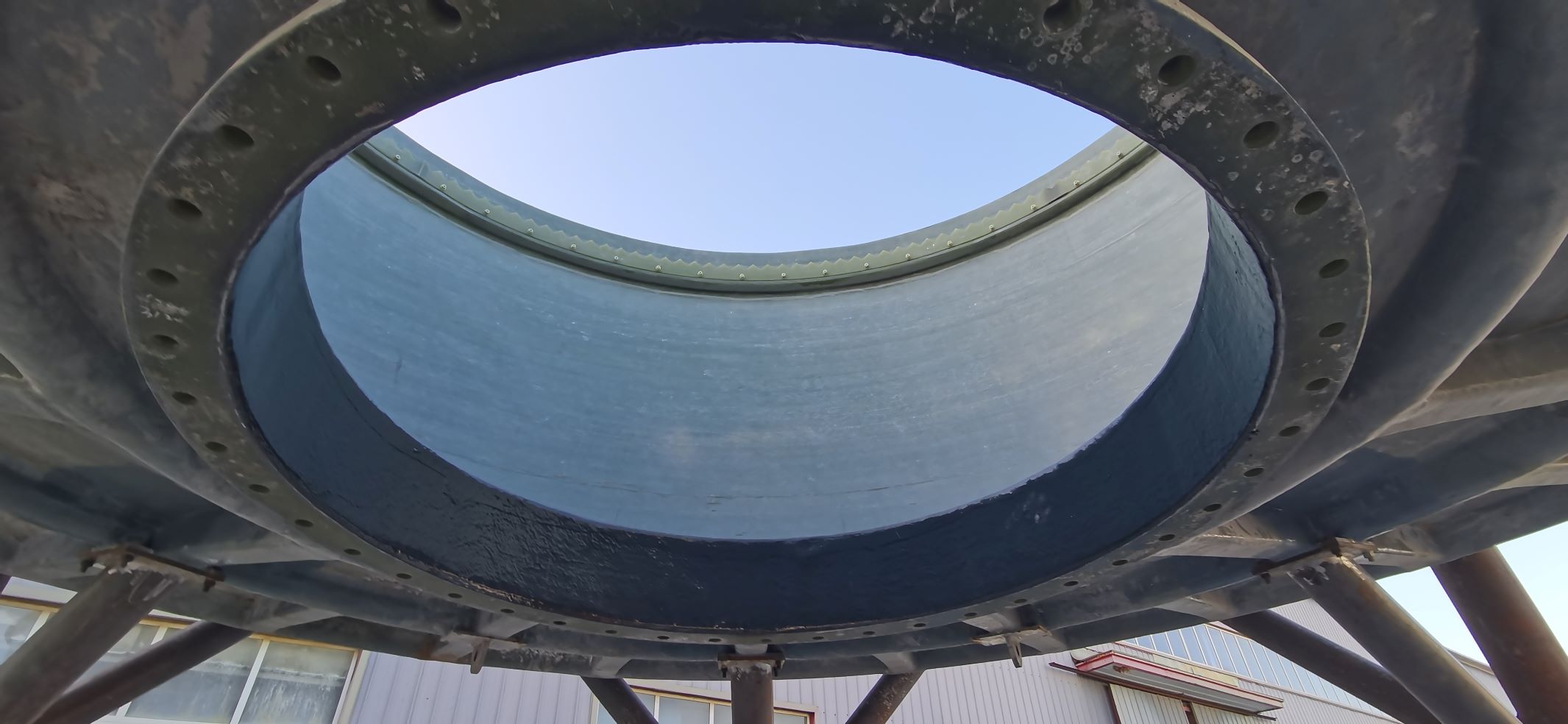
-
 Afrikaans
Afrikaans -
 Albanian
Albanian -
 Amharic
Amharic -
 Arabic
Arabic -
 Armenian
Armenian -
 Azerbaijani
Azerbaijani -
 Basque
Basque -
 Belarusian
Belarusian -
 Bengali
Bengali -
 Bosnian
Bosnian -
 Bulgarian
Bulgarian -
 Catalan
Catalan -
 Cebuano
Cebuano -
 China
China -
 China (Taiwan)
China (Taiwan) -
 Corsican
Corsican -
 Croatian
Croatian -
 Czech
Czech -
 Danish
Danish -
 Dutch
Dutch -
 English
English -
 Esperanto
Esperanto -
 Estonian
Estonian -
 Finnish
Finnish -
 French
French -
 Frisian
Frisian -
 Galician
Galician -
 Georgian
Georgian -
 German
German -
 Greek
Greek -
 Gujarati
Gujarati -
 Haitian Creole
Haitian Creole -
 hausa
hausa -
 hawaiian
hawaiian -
 Hebrew
Hebrew -
 Hindi
Hindi -
 Miao
Miao -
 Hungarian
Hungarian -
 Icelandic
Icelandic -
 igbo
igbo -
 Indonesian
Indonesian -
 irish
irish -
 Italian
Italian -
 Japanese
Japanese -
 Javanese
Javanese -
 Kannada
Kannada -
 kazakh
kazakh -
 Khmer
Khmer -
 Rwandese
Rwandese -
 Korean
Korean -
 Kurdish
Kurdish -
 Kyrgyz
Kyrgyz -
 Lao
Lao -
 Latin
Latin -
 Latvian
Latvian -
 Lithuanian
Lithuanian -
 Luxembourgish
Luxembourgish -
 Macedonian
Macedonian -
 Malgashi
Malgashi -
 Malay
Malay -
 Malayalam
Malayalam -
 Maltese
Maltese -
 Maori
Maori -
 Marathi
Marathi -
 Mongolian
Mongolian -
 Myanmar
Myanmar -
 Nepali
Nepali -
 Norwegian
Norwegian -
 Norwegian
Norwegian -
 Occitan
Occitan -
 Pashto
Pashto -
 Persian
Persian -
 Polish
Polish -
 Portuguese
Portuguese -
 Punjabi
Punjabi -
 Romanian
Romanian -
 Russian
Russian -
 Samoan
Samoan -
 Scottish Gaelic
Scottish Gaelic -
 Serbian
Serbian -
 Sesotho
Sesotho -
 Shona
Shona -
 Sindhi
Sindhi -
 Sinhala
Sinhala -
 Slovak
Slovak -
 Slovenian
Slovenian -
 Somali
Somali -
 Spanish
Spanish -
 Sundanese
Sundanese -
 Swahili
Swahili -
 Swedish
Swedish -
 Tagalog
Tagalog -
 Tajik
Tajik -
 Tamil
Tamil -
 Tatar
Tatar -
 Telugu
Telugu -
 Thai
Thai -
 Turkish
Turkish -
 Turkmen
Turkmen -
 Ukrainian
Ukrainian -
 Urdu
Urdu -
 Uighur
Uighur -
 Uzbek
Uzbek -
 Vietnamese
Vietnamese -
 Welsh
Welsh -
 Bantu
Bantu -
 Yiddish
Yiddish -
 Yoruba
Yoruba -
 Zulu
Zulu
Innovative FRP Launder Solutions for Efficient Water Treatment
The Importance of FRP Launder Systems in Modern Industry
In the modern industrial landscape, efficiency and sustainability are paramount. One innovative solution gaining traction is the Fiber Reinforced Polymer (FRP) launder system. This technology has revolutionized the way industries manage liquid transport, especially in mineral processing and wastewater treatment.
The Importance of FRP Launder Systems in Modern Industry
One significant advantage of FRP launder systems is their resistance to corrosion. In many industries, the liquids being transported can be highly corrosive, leading to significant maintenance challenges with traditional materials. FRP, however, can withstand aggressive chemicals, reducing the frequency of repairs and replacements. This results in lower operational costs and improved operational uptime, which is crucial for maintaining productivity levels.
frp launder

Another key benefit of FRP launder systems is their design flexibility. Being lightweight and easy to mold, FRP can be manufactured in various shapes and sizes to suit specific process requirements. This adaptability allows industries to optimize their liquid handling processes, enhancing efficiency and reducing waste. Furthermore, the smooth interior surfaces of FRP launders minimize friction, promoting better flow rates and reducing energy consumption.
In addition to operational advantages, FRP launder systems contribute to sustainability efforts. The longevity and resilience of FRP materials mean that they need to be replaced less frequently, reducing waste. Moreover, FRP systems can be designed to integrate with other eco-friendly practices, such as rainwater harvesting or wastewater recycling, promoting a circular economy.
As industries continue to face pressures to improve efficiency and reduce their environmental footprint, the adoption of innovative solutions like FRP launder systems will be crucial. By providing a robust, adaptable, and sustainable means of liquid transport, FRP technology stands out as a game-changer in industrial engineering.
In conclusion, FRP launder systems exemplify how modern materials and innovative design can transform industrial processes. With their corrosion resistance, lightweight properties, and sustainability benefits, FRP systems are poised to become the standard in liquid transport across various industries. Embracing this technology not only enhances operational efficiency but also supports broader environmental goals, making it a win-win for businesses and the planet.









